In this week of literary news, our editors on the ground are bringing stories of triumph, mourning, and commemoration. In Kenya and Ghana, readers mourn the loss of pioneering feminist author Ama Ata Aidoo; in Canada, a Quebec initiative supports readers in finding more books by Indigenous writers; and in Oman, a lauded author brings home the prestigious International Prize for Arabic Fiction. Read on to find out more!
Wambua Muindi, Editor-at-Large, reporting from Kenya
The end of May seemed to position itself as a direct communication to geo-literary production history; on May 27, a bilingual anthology of East African short stories, The Heart is A Bastard, launched at the Goethe Institut Library, Nairobi. Edited by Elias Mutani and Zukiswa Wanner, the collection is a result from the Kenyan writing workshop under the auspices of the Univerity of East Anglia International Chair in Creative Writing. The inaugural chair for Africa, Zimbabwean author Tsitsi Dangaremba, expressed her delight over the launch, which includes stories in English and Swahili translations. Some of the emerging writers featured in the anthology include Gladwell Pamba—from whose story the anthology’s title is taken, Fatma Shafii, Nyasili Atwetwe of Writers Space Africa Kenya, Charlie Muhumuza, Noella Moshi, and Sia Chami. The anthology not only holds space for these writers but also represents the creative breadth of the region, while simultaneously embedding a language politics given its bilingual character.
However, this joy was dislodged by the unfortunate news of a writer’s death. On May 31, Ama Ata Aidoo, the Ghanaian author of Our Sister Killjoy (1977), a pioneering feminist novel, died at the age of 81. As such, Africa is mourning; Ghana is mourning and Kenya, too, is mourning the novelist, playwright, short story writer, and committed radical feminist, who wrote to assert the agency of African women within literary history. As reverential eulogies have been paraded across the world, the Kenyan literary community joined in the outpouring of grief in a country where her influence not only transcends her writing, but is also compounded by a teaching stint she had at the then named Kenyatta College, now Kenyatta University, as well as the literary contributions of her Kenyan-born daughter, Kinna Likimani. Where Austin Bukenya, a leading East African scholar of English and literature, for instance, dubbed her “Queen of African literature”, Mukoma wa Ngugi, the author of Nairobi Heat and son to Ngugi Wa Thiong’o, sees her as a “pillar” without which “the African literary tradition wobbles”. While Joyce Nyairo, an academic and a cultural analyst, references the short story “Something To Talk About On The Way To The Funeral” as praise of her storytelling genius, Yvonne Owuor lamented, in proper proverbial fashion: “A great, and giant tree that sheltered many beings has fallen”. Moreover, her writings, which among others, include The Dilemma of a Ghost (1965), No Sweetness Here (1969), Anowa (1970), and Changes (1991) cut across the genres to show the depth of her imaginative oeuvre and demonstrate the commitment—in different but related ways—to the African woman’s cause, through literature and in society. Rest in Power Mama. READ MORE…



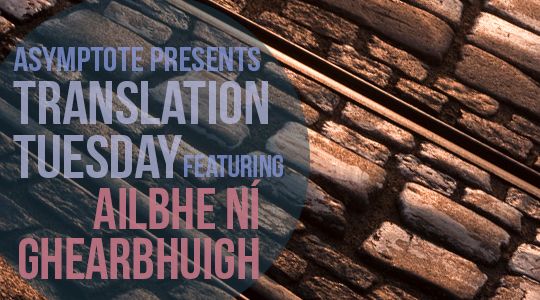

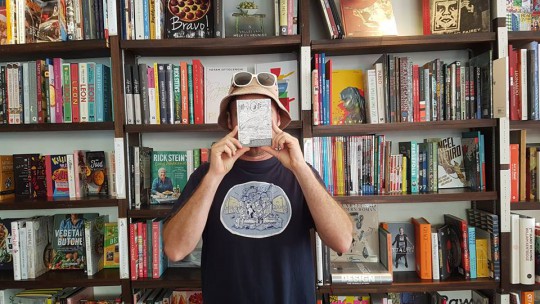
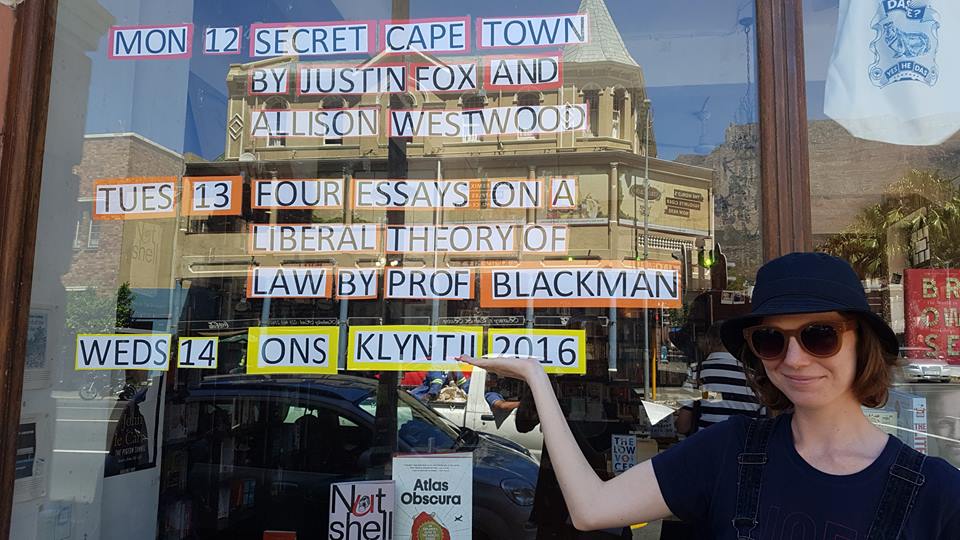
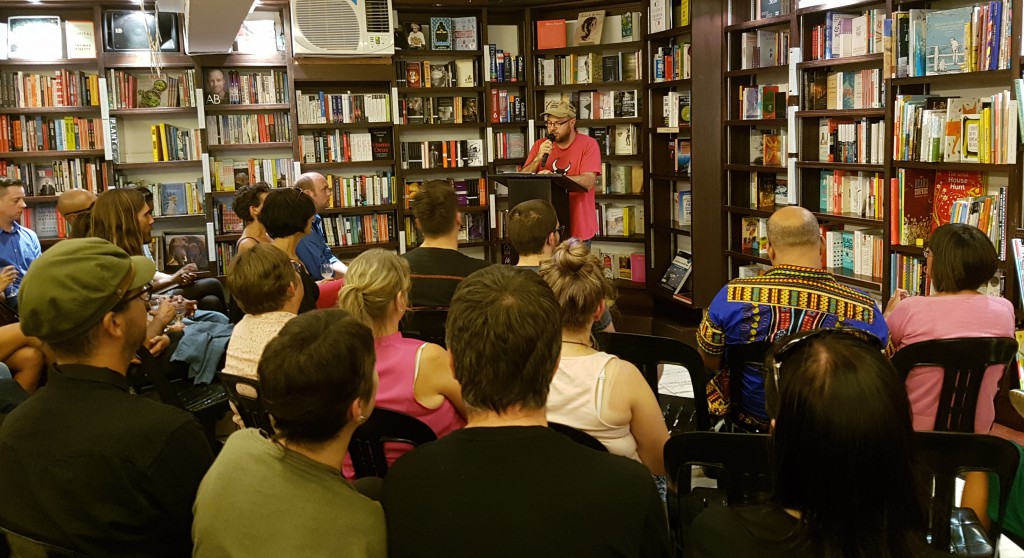

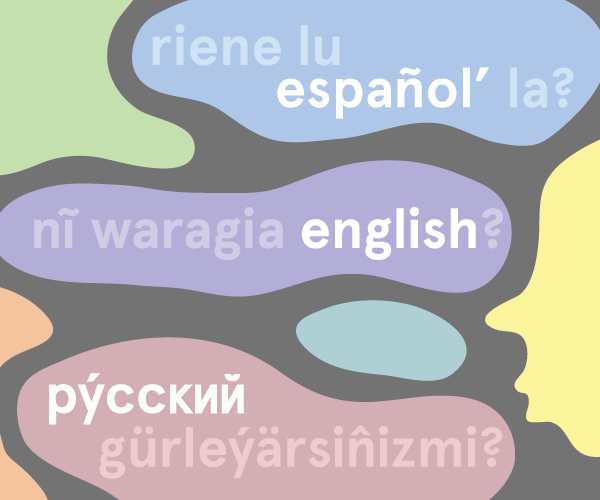
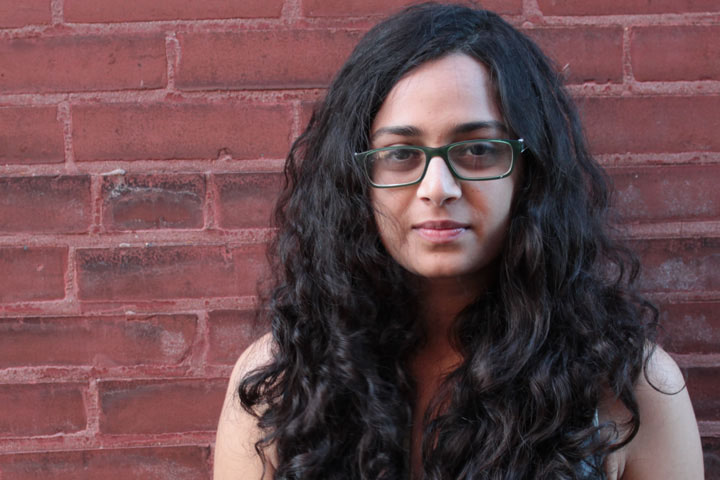


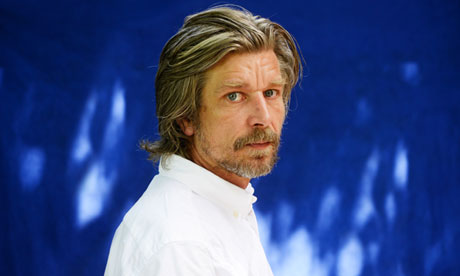
Radical Reading: Sara Salem Interviewed by MK Harb
I’ve increasingly thought more about what generous, kind, and vulnerable reading might look like instead.
At the height of the pandemic, I—like so many of us—looked for new sources of intrigue and intellectual pleasure. This manifested in finding Sara Salem’s research and reading practice, Radical Reading, which was a discovery of sheer joy; Salem views books and authors as companions, each with their own offerings of certain wisdom or radical thought. When she shares these authors, she carries a genuine enthusiasm that they might come with some revelation.
I interviewed Salem as she sat in her cozy apartment in London wrapping up a semester of teaching at the London School of Economics. We discussed our lockdown anxieties and our experiences with gloomy weather until we arrived at the perennial topic: the art of reading. The interview continued through a series of emails and transformed into a beautiful constellation of authors, novelists, and activists. In what follows, Salem walks us through the many acts of reading—from discussing Angela Davis in Egypt to radicalizing publications in her own work, in addition to recommending her own selections of radical literature from the Arab world.
MK Harb (MKH): Reading is political, pleasurable, and daring. Inevitably, reading is engaged in meaning-making. How did you arrive at Radical Reading as a practice?
Sara Salem (SS): Some of my most vivid childhood memories are of spending long afternoons at home reading novels, and when I think back to those novels, I find it striking that so many of them were English literature classics. I especially remember spending so much time reading about the English countryside—to the extent that today, when I am there, or passing it on a train, I get the uncanny feeling that it’s a place I know intimately. Later, when I read Edward Said’s writing on Jane Austen and English literature more broadly—its elision, erasure, and at times open support of empire—it struck me that we can often read in ways that are completely disconnected from the lives we live. This tension was what first opened up entire new areas of reading that completely changed my life, among which was the history of empire across Africa; at the time I was living in Zambia, where I grew up, and often visited Egypt. Critical history books were probably my first introduction to what you call the practice of radical reading, of unsettling everything you know and have been taught in ways that begin to build an entirely different world.
I like that you say reading is engaged in meaning-making, because it has always been the primary way in which I try to make sense of something. Even more recently, as I’ve struggled with anxiety, reading above all became my way of grappling with what I was experiencing: what was the history of anxiety, how have different people understood it, and how have people lived with it? I realise, of course, that not everything can be learned from a book, but so far, I’ve found that what reading does provide is a window into the lives of people who might be experiencing something you are, making you feel less alone.
MKH: How do you reconcile reading for pleasure versus reading for academic and political insights? Do they intersect? Being idle has its own spatial practice of radicality at times, and I’m curious on how you navigate those constellations.
SS: This question really made me think! In my own life, I have always made the distinction of fiction as pleasure and non-fiction as academic/work-related. So, if I need to relax, or want to take some time off, I will instinctively reach for fiction, and if I want to start a new project, I think of which academic texts would be helpful. However, this began to change about five or six years ago, when I began to think more carefully about how fiction speaks to academic writing and research, as well as how non-fiction—unrelated to my own work—can be a great source of pleasure and relaxation. This has meant that they have begun to intersect much more, and it has enriched both my academic work and my leisure time. READ MORE…
Contributor:- MK Harb
; Language: - Arabic
; Places: - Egypt
, - Zambia
; Writers: - Ahdaf Soueif
, - Arwa Salih
, - Huda Tayob
, - Mahmoud Darwish
, - Sonallah Ibrahim
, - Thandi Loewenson
, - Waguih Ghali
; Tags: - intersectional feminism
, - migration
, - Race
, - radicalism
, - Reading
, - sexuality
, - social commentary